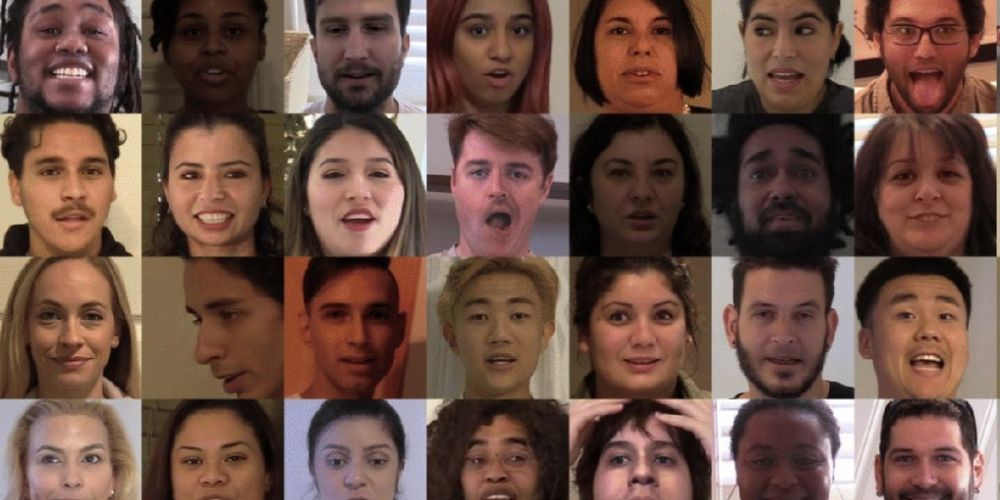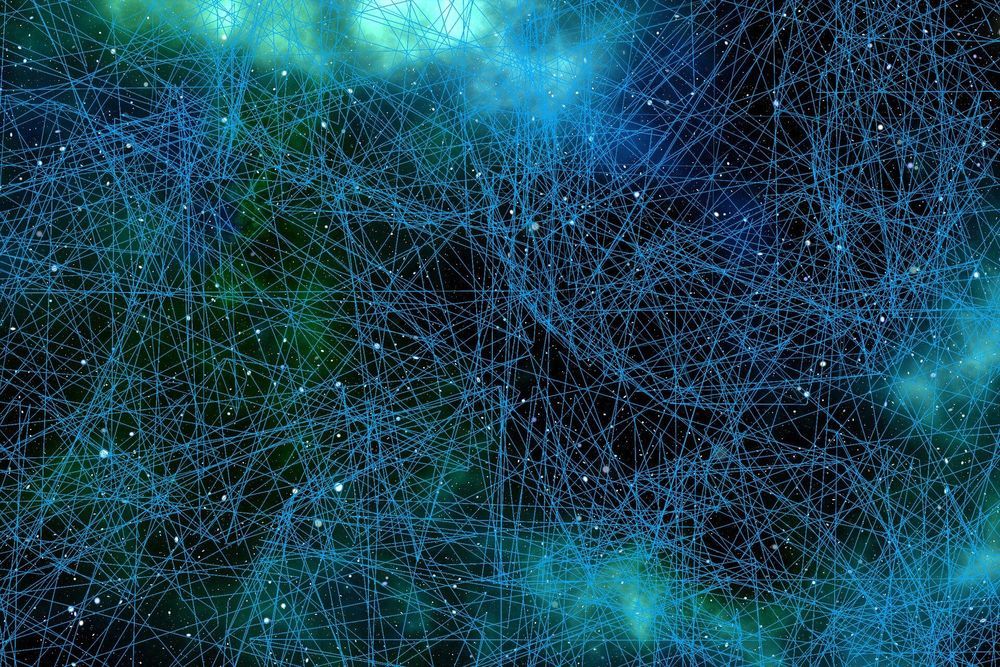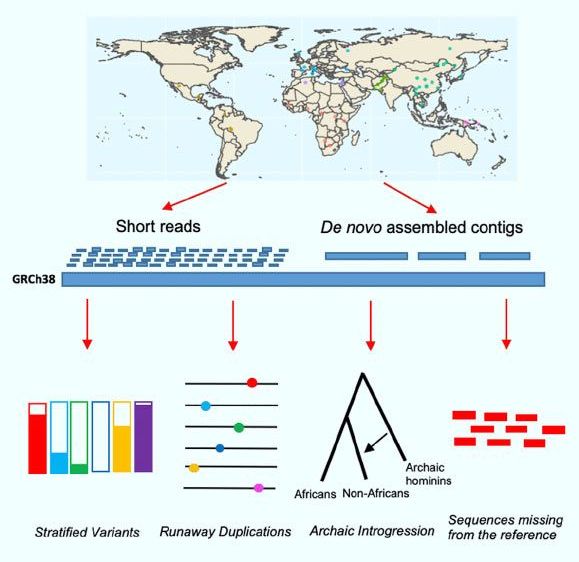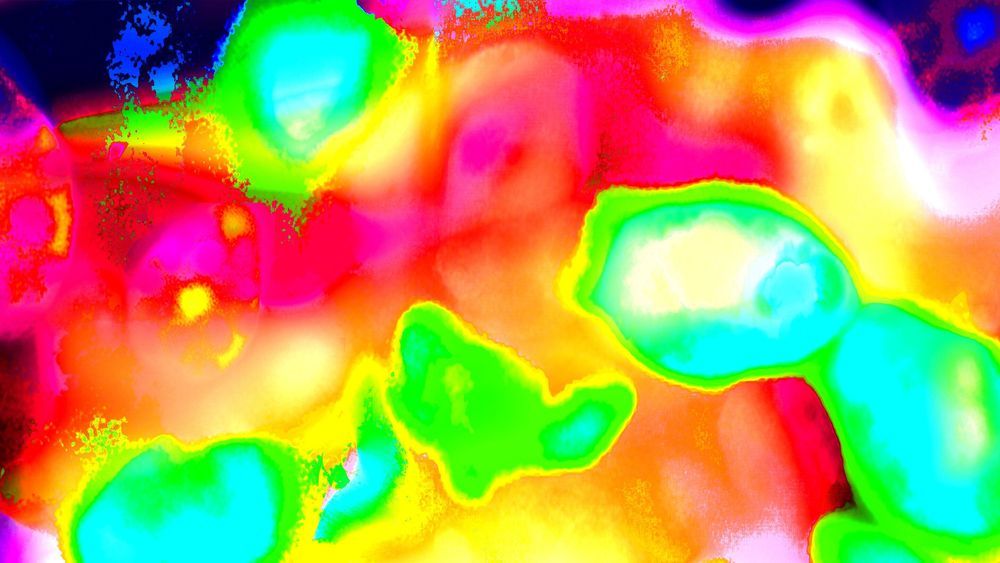Being a late-riser suggests you could have more grey matter in your brain, a study from Brunel University London has shown.
A new survey of thousands of MRI scans revealed that people with a preference for waking up in the late hours of one morning, and going to bed in the early hours of the next, are likely to have a higher volume of grey matter in their precuneus, a key area of the brain associated with social behaviour.
Previous studies have shown that lower volumes of grey matter are associated with how empathetic or cooperative a person is, traits that scientists have also previously found correlate with being an early bird, suggesting such personality traits could be underpinned by a physical signature.








